I understand the question, but the film was based on my book. I think it was that Roger was also a writer, so I thought that a fellow wordsmith came after this writer. He was the guy, and I was embarrassed. I gave him that power.
You have a wonderful story about running into him years later and finally gaining some closure.
Roger was the most influential and important critic of his time, and he used the word ‘hate’ in the review about 1,000 times. That doesn’t mean “North” didn’t get panned elsewhere. Trust me, it got killed. But it was Roger Ebert, and it so vicious and so rough. I always wondered what it would be like if I ran into him. When I did, it was a decade after “North,” so I was over it. I had gotten off the couch and moved forward. I was in Chicago on a book tour for my novel, The Other Shulman. I’m having lunch in this restaurant and I look over and, lo and behold, there he is.
He was wearing this oversized sweater that had all the autumn colors, but the worst ones: burnt orange, puke green, and baby diarrhea yellow. He got up to go to the men’s room, and I excused myself and followed him. It was like an out of body experience, like, ‘Gee, I wonder what Al’s going to do when he catches up to Roger Ebert?’ I had no idea. I went to the men’s room. We were at the sinks. He looked up and I said, ‘Roger, Alan Zweibel,’ and the blood drains from his face. I took a beat, and I said, ‘Roger, I just have to tell you that I hate hate hate that sweater you’re wearing.’ I smiled, he smiled and we both started laughing, and we shook hands. And that was it.
In Billy’s forward to your memoir, Laugh Lines, he writes about how exhilarating it was to work on this script with you. He writes, ‘Here we are, 45 years later, and once again we’re on our way home after work, and the only difference is, now you’re driving!’
This is such a wonderful story. We look at each other and almost get giddy about how fortunate this turned out. We were two kids. He picked me up at my parents’ house, we’d go into New York, do our respective sets, and on the way back we’d listen to the cassettes and give each other notes. Every so often we’ll mention that. He’s got brothers and I’ve got a brother, but he and I are brothers. The key to it is we’ve allowed each other to grow, and there is a certain amount of wonderment that we’ve grown the same. There wasn’t a divergence where one of us became a bank robber.
Like in “Angels with Dirty Faces.”
Exactly right, where one of the childhood friends goes to the chair. My guess is I’d go to the chair.
“Here Today” is now playing in theaters.
You can view the original article HERE.
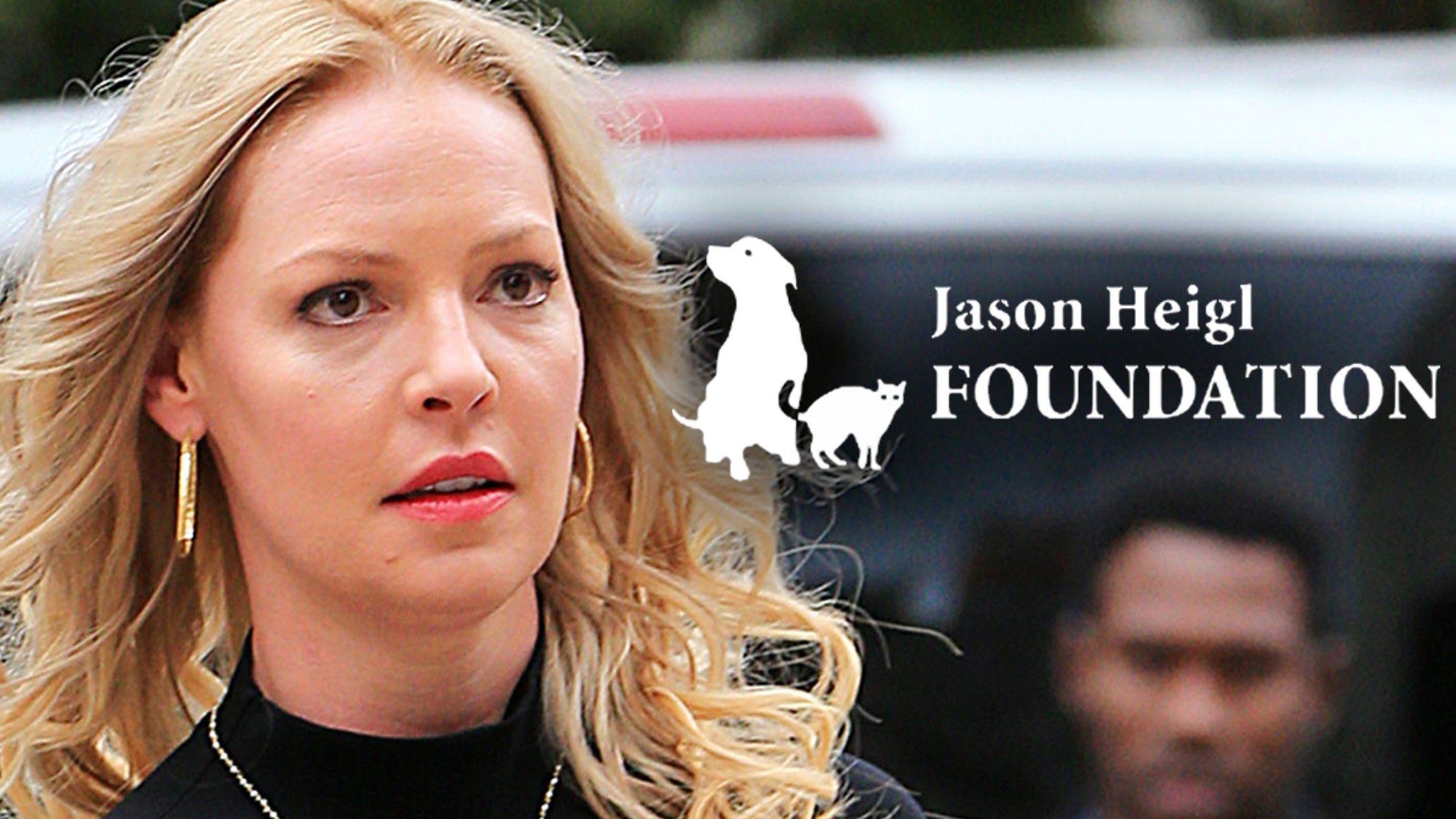
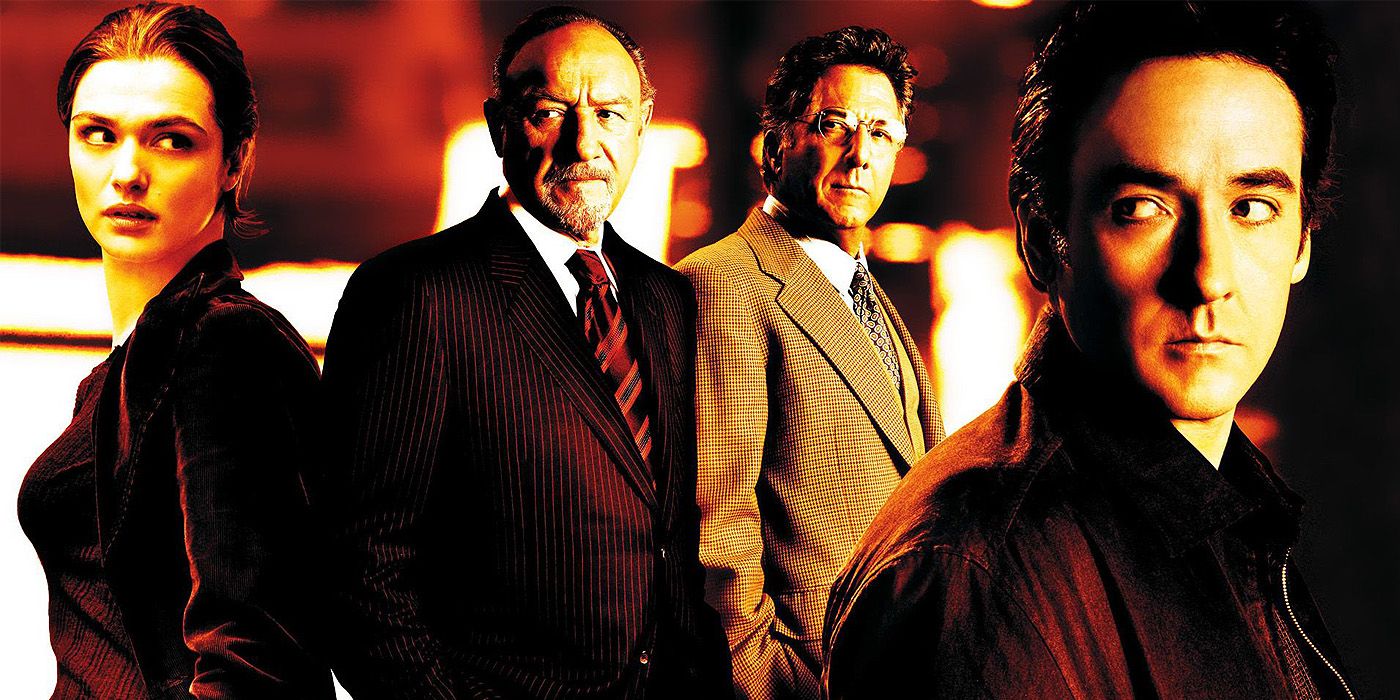
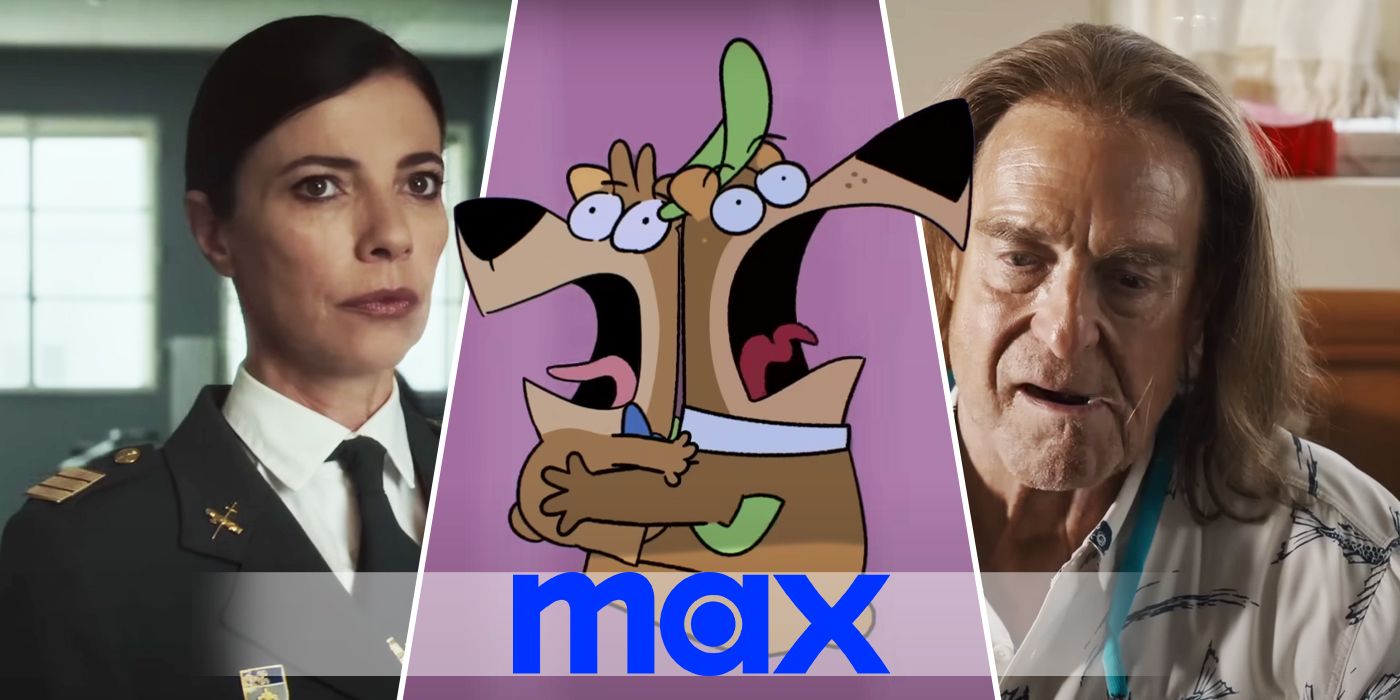

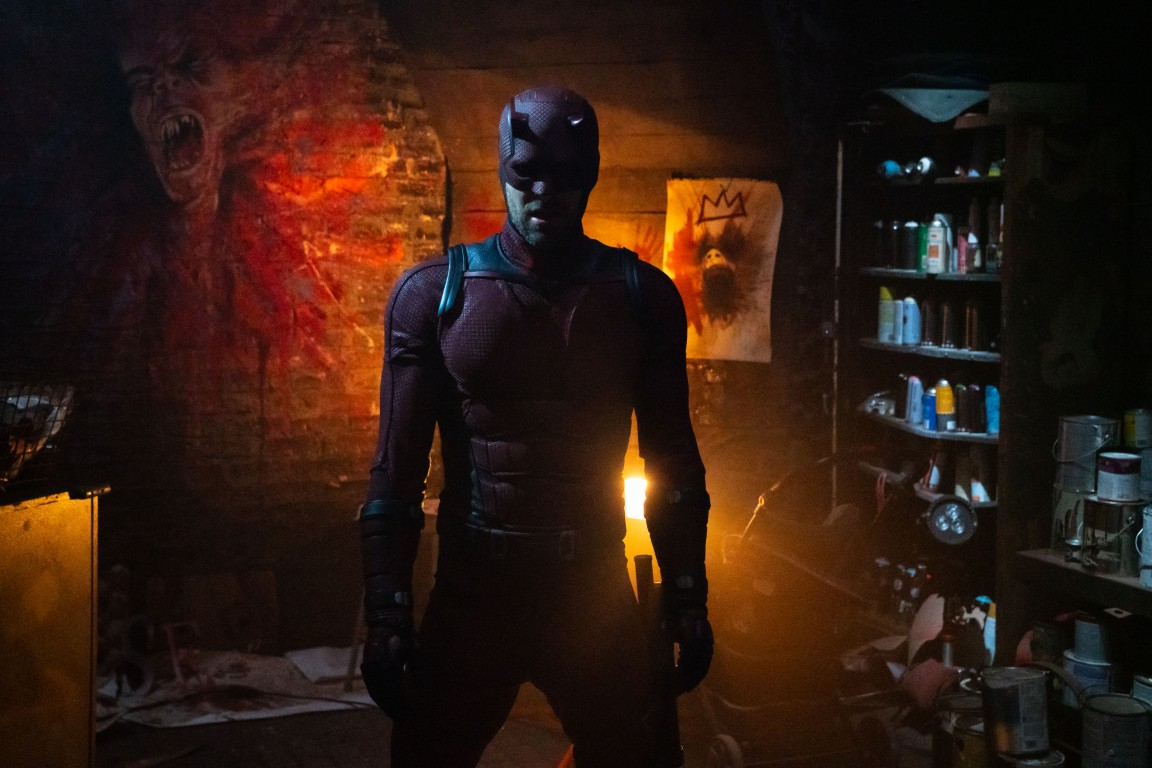
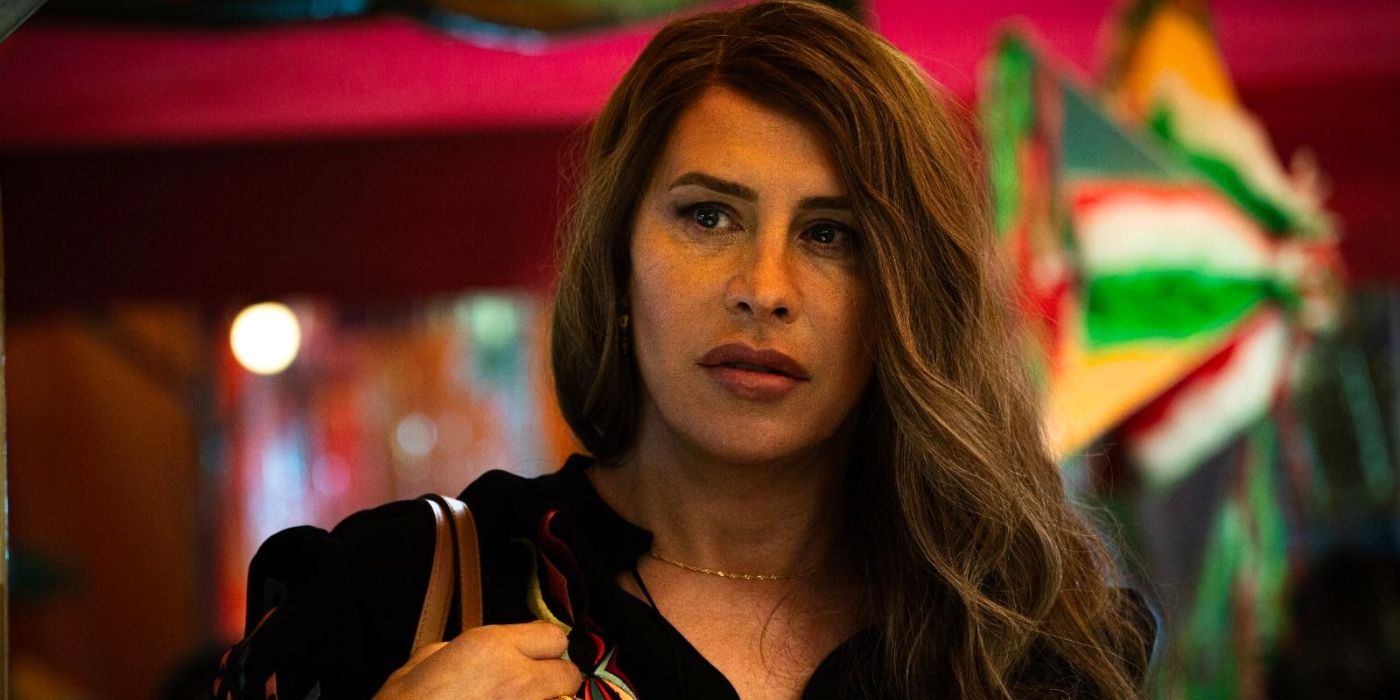

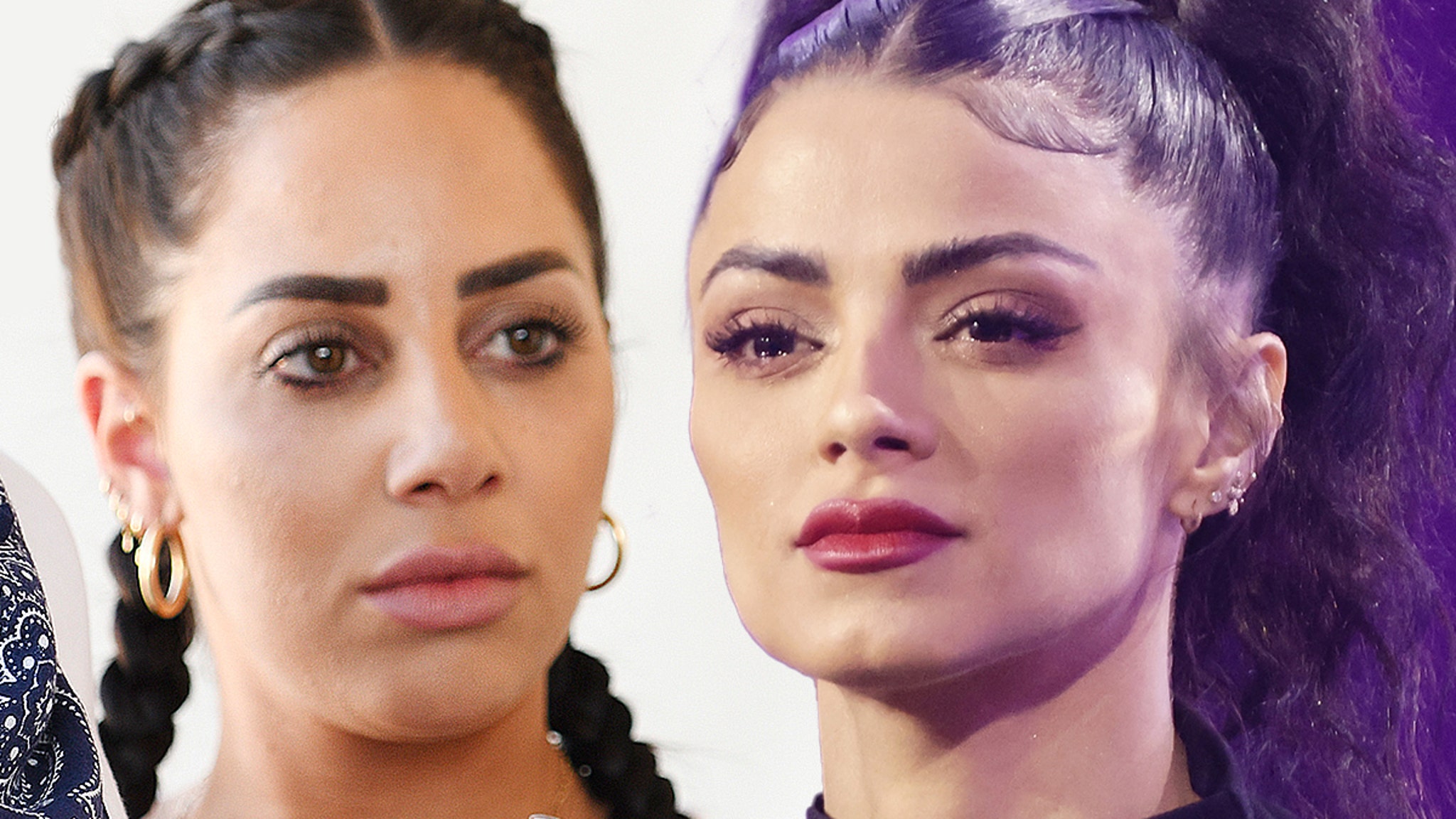
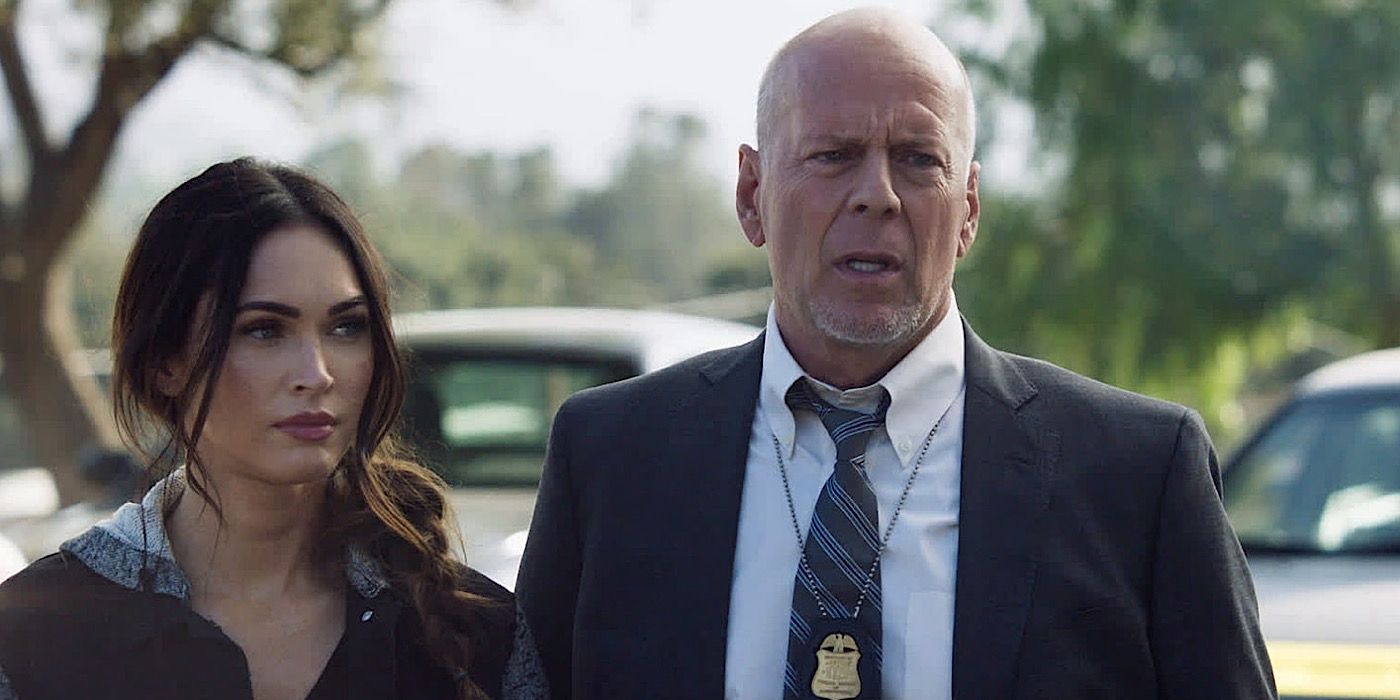


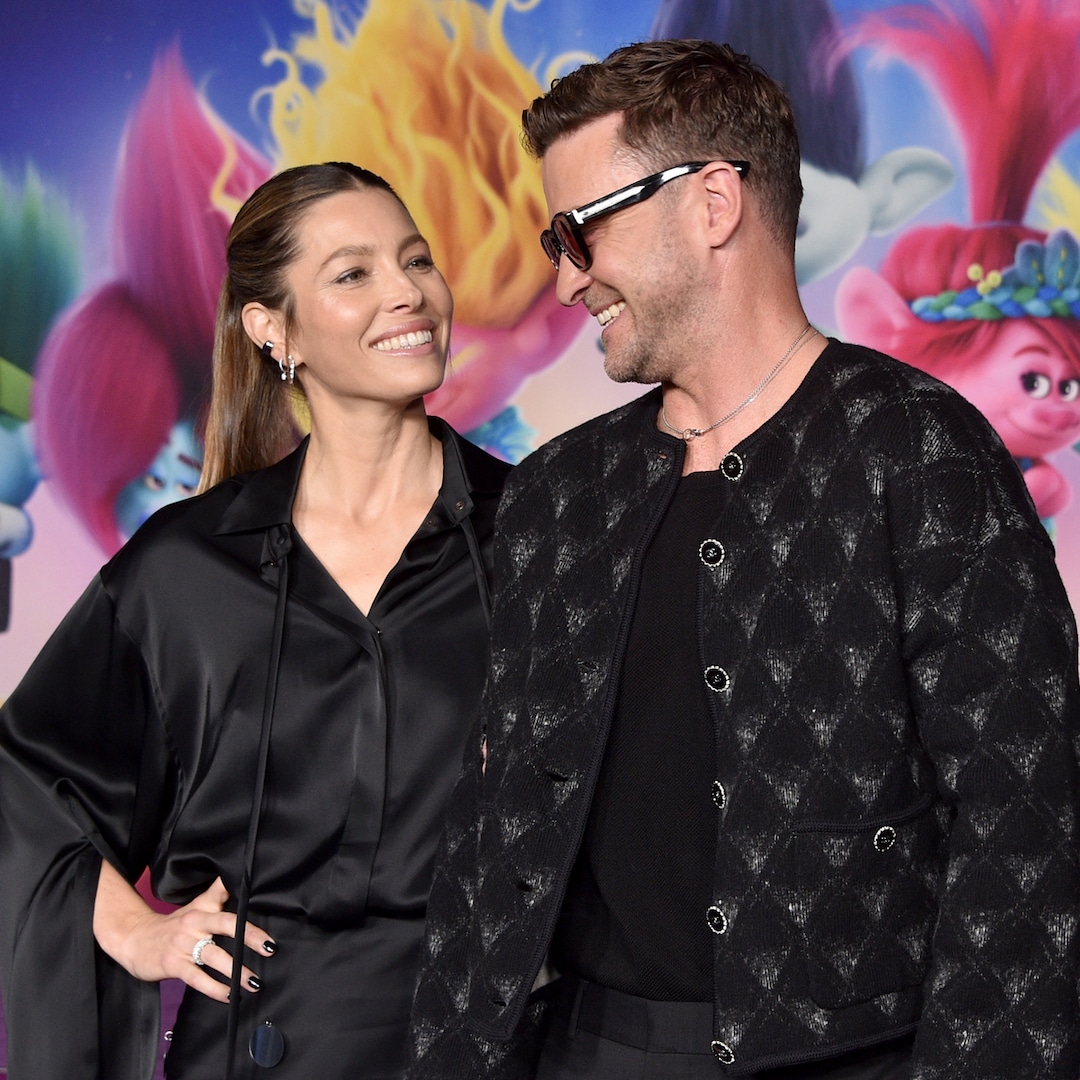

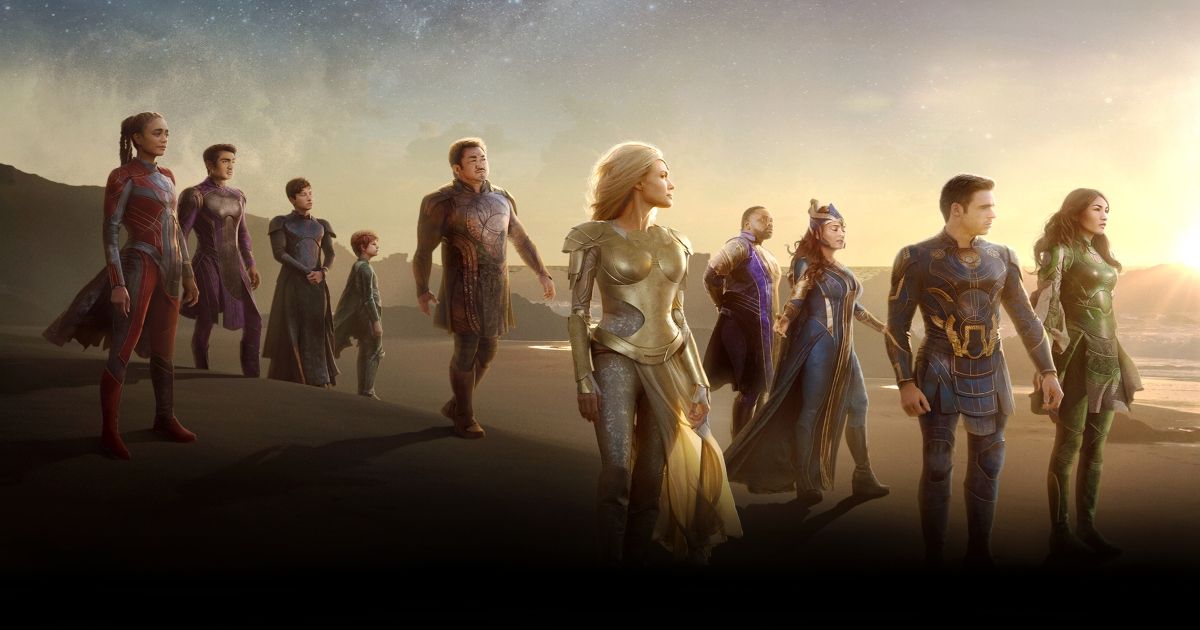
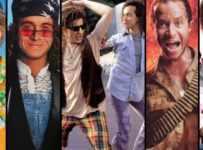
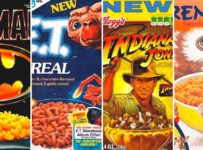
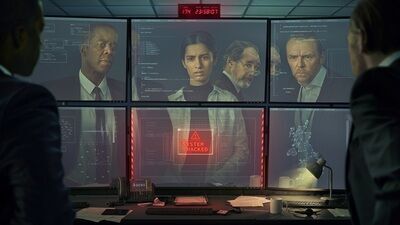
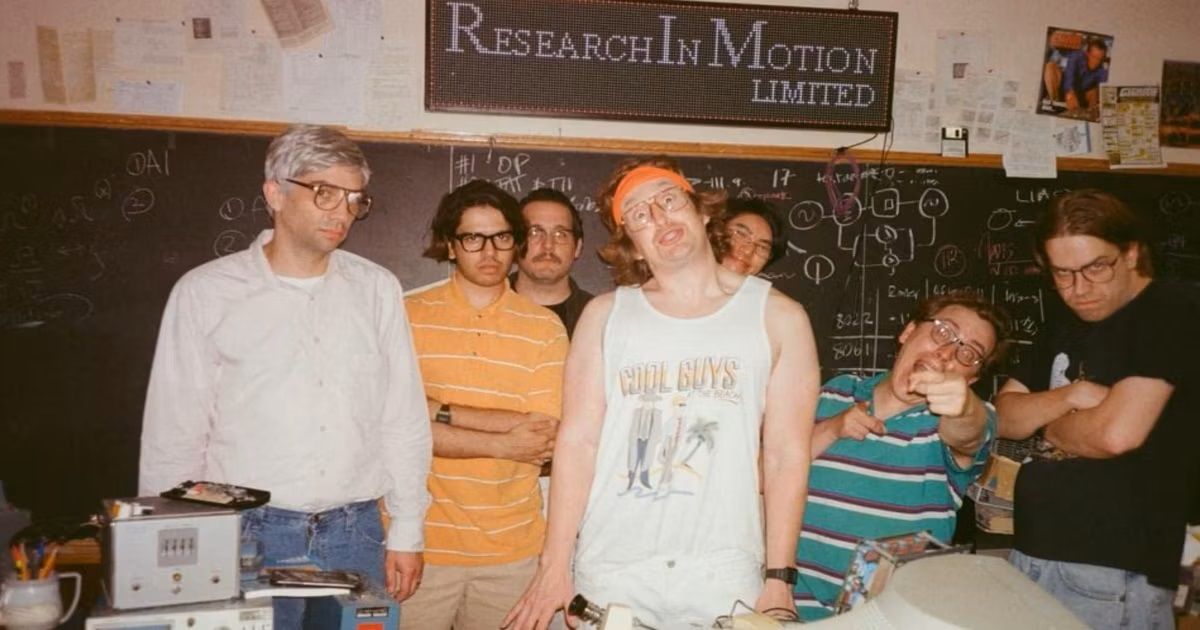

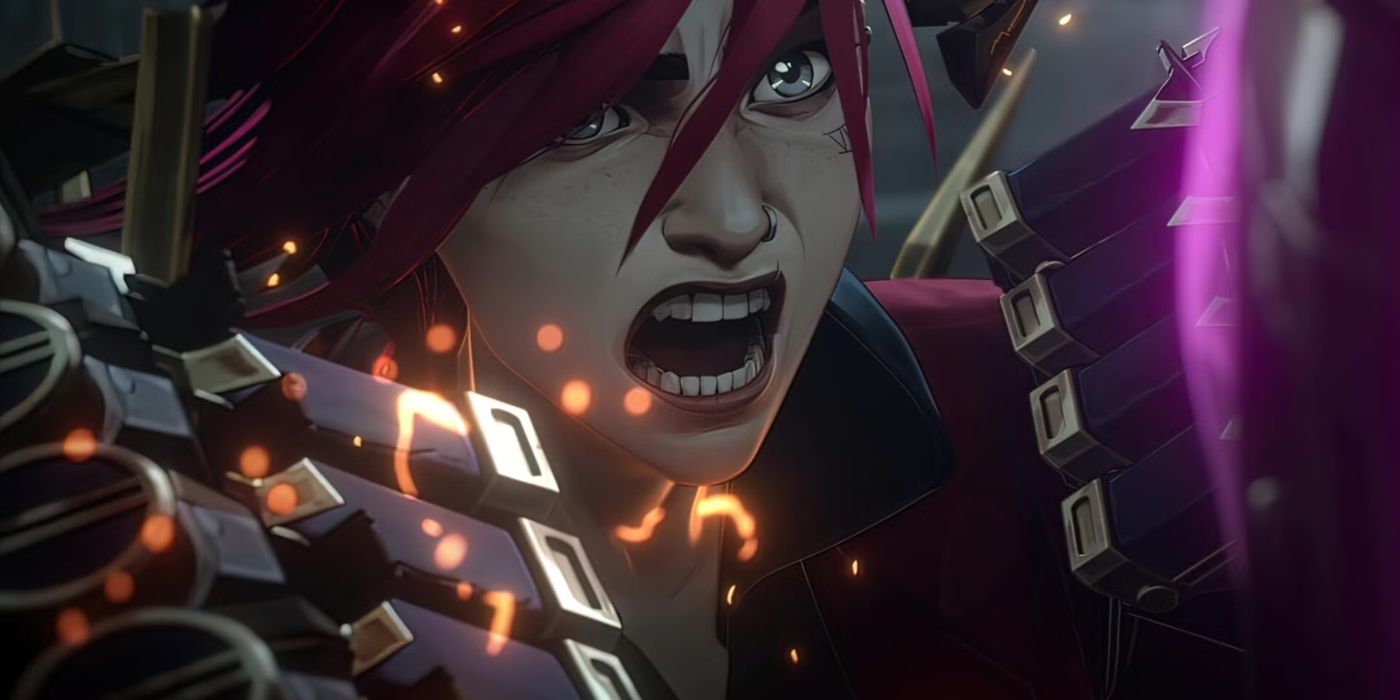


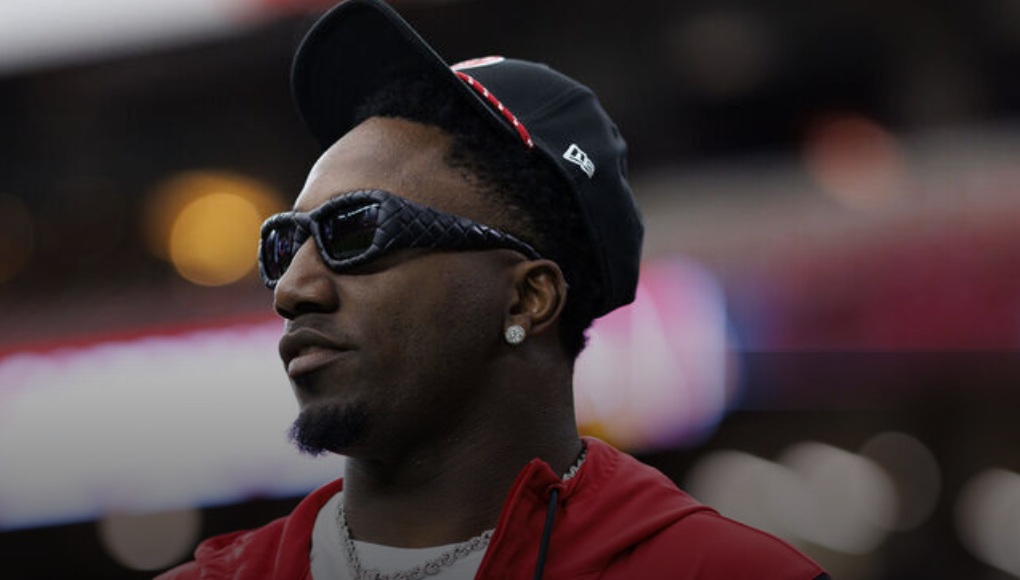
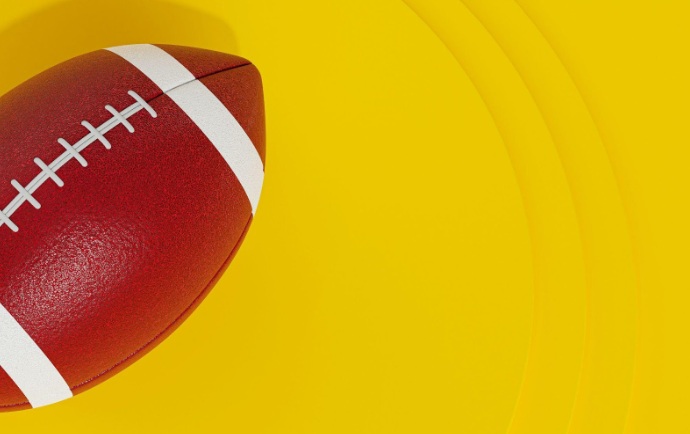
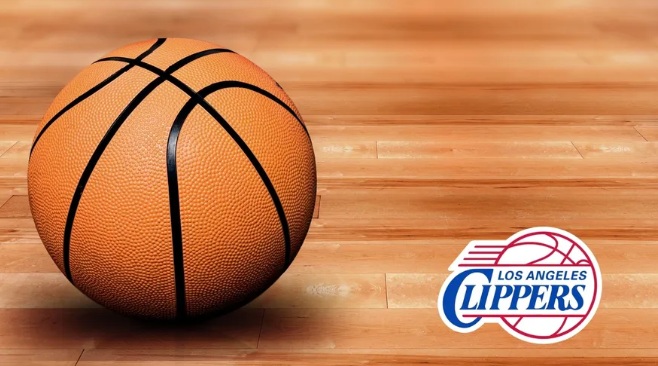
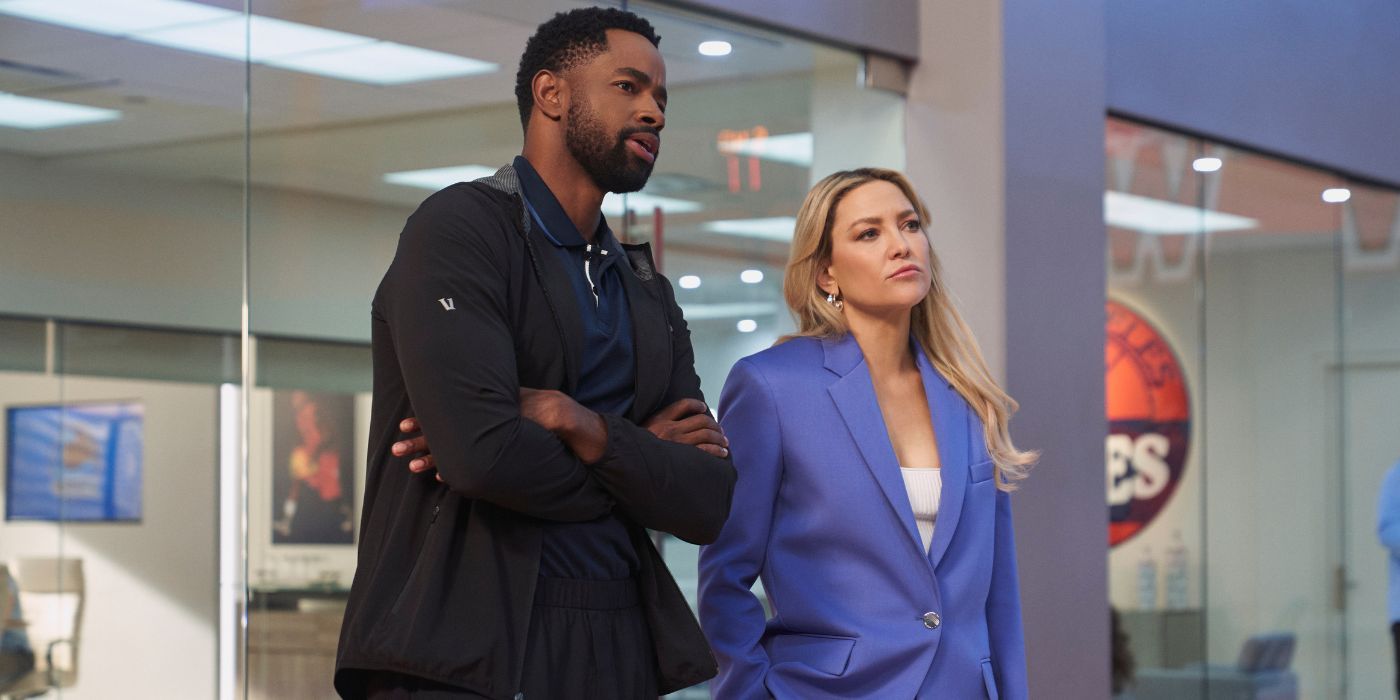

:quality(85):upscale()/2025/03/04/010/n/1922564/e4e30ef267c789a5161212.31191204_.png)

